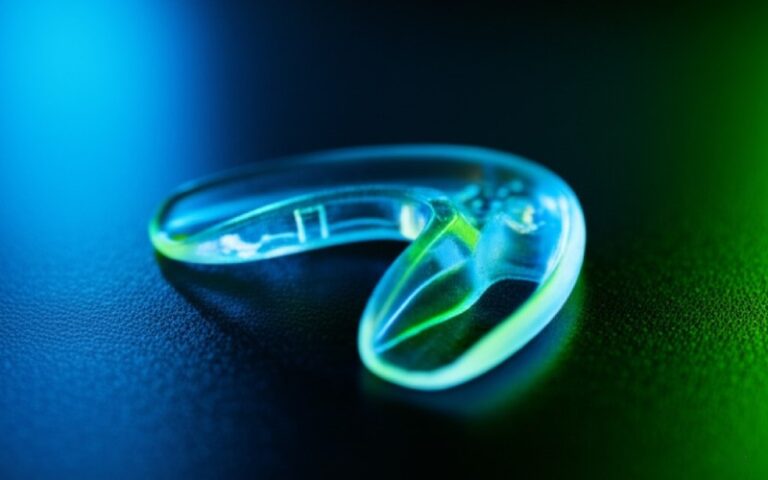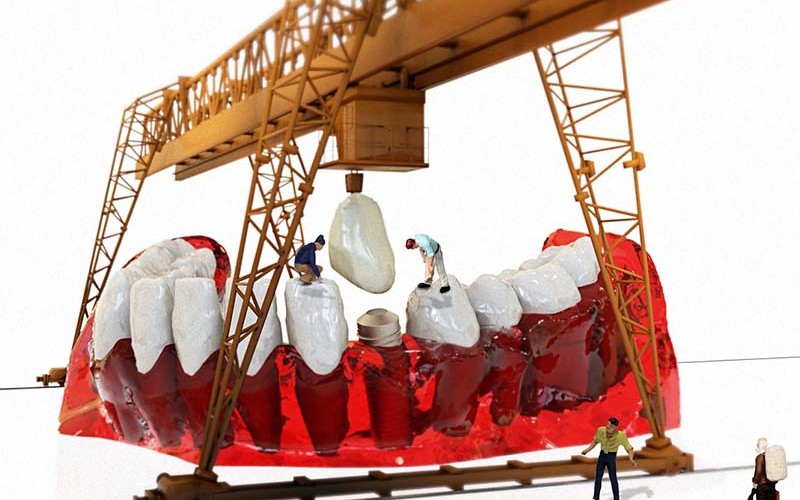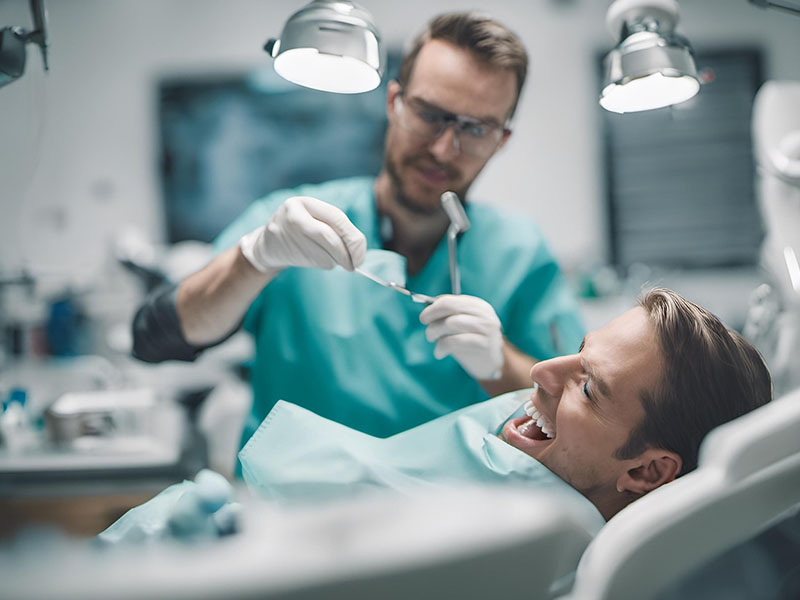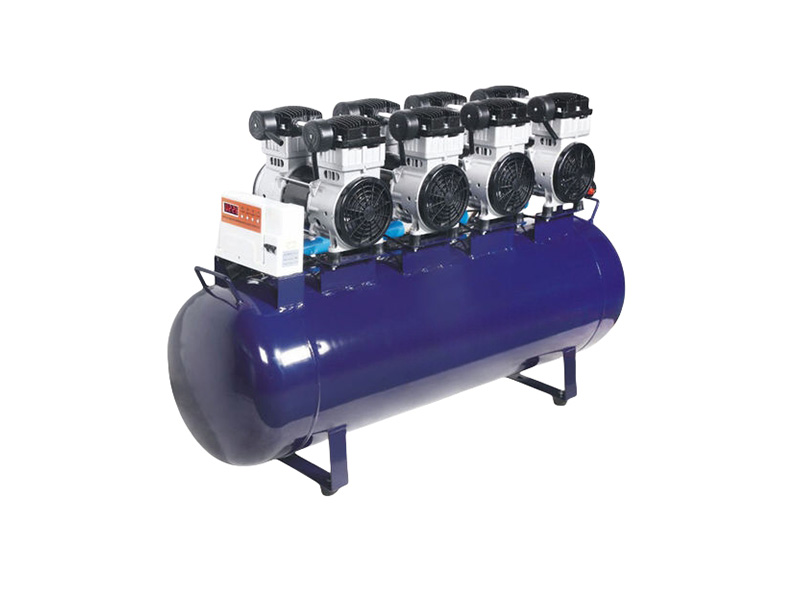
Choosing the Right Dental Air Compressor for Your Dental Office
Your dental air compressor is the heart of your dental office. It powers your most important tools. Without the right air, your work stops. This article will help you pick the best dental air compressor for your needs. We will cover everything from size and power to why clean, dry air is so important for patient care.
Inhaltsübersicht
Why is the dental compressor so important for my practice?
A dental compressor is like the lungs of a dental practice. It takes in air, puts it under pressure, and then sends it out to power your most vital dental tools. Think about your dental handpieces, your three-way syringes, and even some of your cleaning equipment. All of them need a steady stream of compressed air to get the job done. Without it, you simply cannot work.
When a compressor fails, it causes major problems. Choosing a reliable dental air compressor is not just about buying a piece of dental equipment. It is an investment in your practice’s success. A high-quality machine will run smoothly for years, while a cheap one can cause constant headaches and costly downtime.
Your air compressor for your practice also plays a huge role in patient safety and the lifespan of your other tools. The air produced by the compressor touches your patients’ mouths and powers your expensive handpieces. If the air is not clean and dry, it can cause serious issues. We’ll talk more about that later, but just know that choosing the right air system is one of the most important decisions a dentist can make.
What are the main types of dental compressors?
When you start looking at the range of dental air compressors, you will see there are two main types. The main difference is how the moving parts are lubricated. You have oil-lubricated compressors and oil-free (or oil-less) compressors. For a long time, oil-lubricated models were common in many industries. They use oil to keep the piston and other parts moving smoothly inside the motor.
The problem with an oil-lubricated compressor in a medical setting is the risk of contamination. Tiny drops of oil can get into the compressed air stream. This oil can then spray into a patient’s mouth. It can also damage your sensitive dental handpieces. Because of this risk, the modern dental industry has moved almost completely away from these models.
Today, the clear choice for any modern dental practice is an oil-less or oil-free dental air compressor. These machines use special materials, like Teflon-coated parts, that do not need oil to lubricate them. This design ensures that the air produced is clean and free of oil mist. It is the safest option for your patients and the best way to protect your other costly equipment.
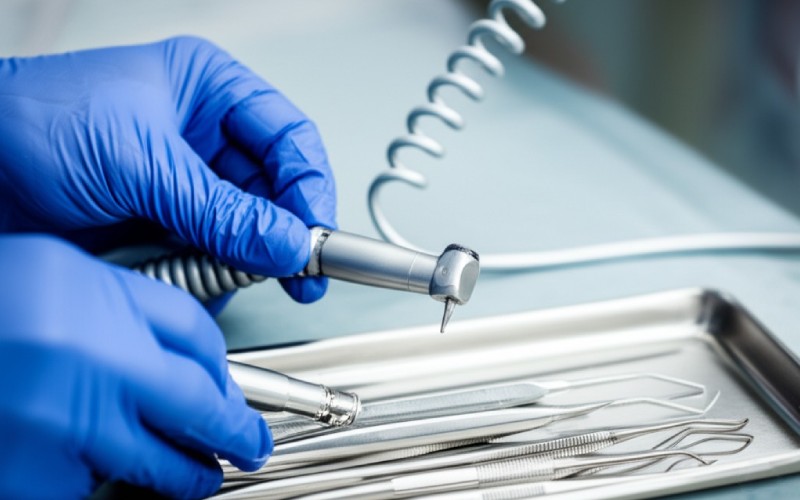
Should I choose an oil-free or oil-lubricated compressor?
The answer is very simple for a dental practice. You should always choose an oil-free dental air compressor. The risk of oil contaminating your air lines is just too high. Imagine that oil mist mixing with bonding agents. It can ruin a perfect restoration. Worse, it could introduce a pathogen into an open treatment site. It’s not worth the risk.
An oil-less compressor gives you peace of mind. You know the air powering your handpieces is clean. These machines are designed specifically for medical use. They are built to provide the cleanest possible air. They also require less maintenance because you never have to worry about checking or changing the lubricant. An oil-free machine is simply the standard for high-quality dental care.
While oil-lubricated models might sometimes be less expensive up front, they are not a good choice for a dental office. The potential costs from damaged equipment or patient safety issues far outweigh any initial savings. Making the right choice here is simple. Protect your patients, protect your equipment, and choose an oil-free dental compressor.
Why is air quality so critical for a dental practice?
The air quality produced by your dental air compressor is extremely important. This air is used directly in the patient’s mouth during procedures. If the air contains moisture, oil, or tiny particles, it can contaminate the work area. This can cause fillings and Kronen to fail. It can also put the patient at risk of infection. The goal is to have pure, clean, and very dry air.
Moisture is a big enemy. Air from the outside world is full of water vapor. When you compress air, that water vapor gets concentrated. If this wet air gets into your air lines, it can cause big problems. It can rust the inside of your equipment and damage your dental handpieces. More importantly, moisture can interfere with the bonding process for restorations. This is why a good drying system is not just an option; it is a must-have.
The standard for high-quality dental air is very high. The air must be filtered to remove tiny particles, sometimes down to 0.01 micron. It also needs to have a low dew point, which is a measure of how dry the air is. When you invest in a good dental air compressor, you are investing in a system that creates high-quality air to help you provide safe and effective treatments.
How do I determine the right compressor size for my team?
Choosing the right size for your dental compressor is key. If it’s too small, it won’t be able to keep up with demand. Your tools won’t run at their full potential. If it’s too big, you will have spent more money than you needed to. The size is not just about the physical space it takes up. It’s about how much compressed air it can produce. This is measured in two ways: horsepower (HP) and cubic feet per minute (cfm).
The most important number to look at is the cfm rating. This tells you the volume of air the machine can compress in one minute. Each piece of equipment in your office, from handpieces to lab tools, has a cfm requirement. You need to add up the requirements for all the tools that might be running at the same time. It’s advised to add about 25-30% extra capacity to that number. This gives you a safety cushion and prepares you for future growth.
For example, a typical operatory might need around 5 cfm. If you have three operatories, you need a compressor that can produce at least 15 cfm. A compressor with 2-3 horsepower might be enough for this. Always check the manufacturer’s guide for your specific dental tools. Getting the compressor size right means your practice will run efficiently, even on the busiest days. It ensures your tools always have the amount of pressure they need.
What do I need to know about the motor and duty cycle?
The motor is the engine of your dental air compressor. The horsepower rating gives you a general idea of its power, but the duty cycle tells you how hard the motor is designed to work. The duty cycle is shown as a percentage. It tells you how many minutes out of a 10-minute period the compressor can run without overheating. For example, a compressor with a 50% duty cycle should run for 5 minutes and then rest for 5 minutes.
For a busy dental practice, you should look for a compressor with a 100% duty cycle. This means the compressors run continuously without needing a break. This is very important because you cannot predict when you will need a lot of air. A continuous-duty motor is built to handle the constant demands of a clinic. It will last longer and be more reliable than a machine with a lower duty cycle.
These details matter. A less powerful motor or a lower duty cycle might save you money at first, but it can lead to problems. The machine might struggle to keep up, causing pressure to drop during procedures. It might also wear out faster, leading to a need for a replacement sooner. Investing in a strong motor with a 100% duty cycle is a smart move for any serious dental professional.
How do drying systems keep my compressed air clean?
We talked about how moisture in your compressed air is a big problem. This is where drying systems come in. Their job is to remove the water vapor from the air after it has been compressed. The most common and effective type of dryer for a dental air compressor is a desiccant system. This system passes the air through a special material, called a desiccant, that absorbs moisture like a sponge.
Many high-quality compressors come with a dual desiccant dryer. This is a great feature. It means there are two towers of desiccant. While one tower is drying the air, the other tower is being purged of the moisture it collected. This allows the system to work continuously, giving you an endless supply of very dry air. A good desiccant system is essential for protecting your equipment and ensuring your dental work is successful.
The effectiveness of a dryer is measured by the dew point it can achieve. The lower the dew point, the drier the air. For dental use, you want a dew point of around -4 degrees Fahrenheit. This ensures no moisture will condense in your air lines. Investing in good drying systems is just as important as choosing the right compressor’s size and power. It is a critical part of maintaining high air quality.
Where is the best place to install my dental air compressor?
The location of your new compressor is an important decision. Most practices place their dental air compressor in a dedicated utility room. This is ideal because compressors can be noisy. Placing it away from your treatment areas makes the office environment more pleasant for both patients and staff. A quieter office is a more relaxing office.
When planning the location, you also need to think about ventilation. Compressors need to pull in fresh, clean air to compress. The utility room should be well-ventilated so the compressor doesn’t overheat. It should also be clean and dry. You don’t want your new air system pulling in dust or moisture from a damp basement. Your installer can help you pick the best spot. Also, be sure to check any local codes that might have rules about equipment installation.
The location of your compressor along with the dental vacuum pump should be carefully planned. Both pieces of equipment create noise and heat. Keeping them together in a well-designed utility room makes sense for maintenance and safety. A good setup will have enough space around the units for a technician to work on them. This small detail can save you a lot of trouble later on.
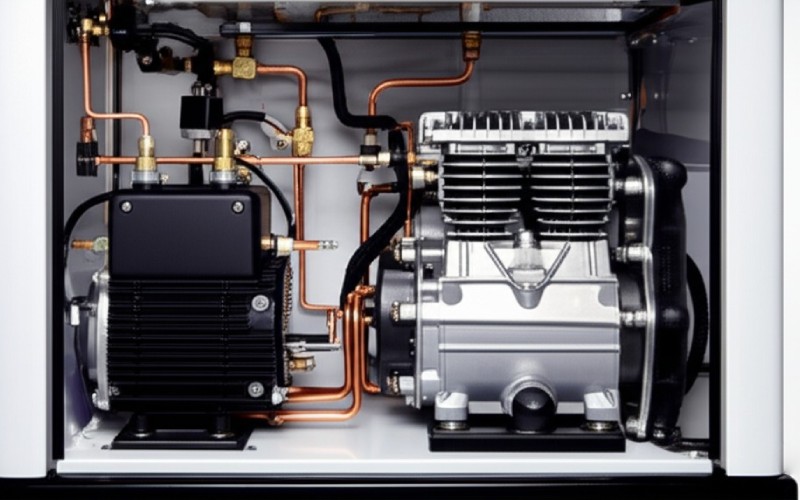
What about brands like Ramvac compressors and Aeras Intel?
When you look at dental air compressors for sale, you will see many brands. Two names you will likely come across are Ramvac compressors (from Dentalez) and systems using Aeras Intel technology. These brands are known for making high-quality products designed specifically for dental use. Many practices have great success with Ramvac compressors. They are known to be reliable and powerful.
Ramvac compressors often come with advanced features, like powerful drying systems and smart controls. For example, some Ramvac compressors are designed to be very energy efficient. They are a popular choice among dentists who want a machine that will last a long time. They are built to be workhorses for a busy dental office.
Aeras Intel is a smart control system that you can find on some modern compressors, like those from Cattani. Aeras Intel technology helps manage your compressor more efficiently. It can monitor usage, predict maintenance needs, and even adjust performance to save energy. Having a system like Aeras Intel can help prevent unexpected downtime. Aeras Intel gives you data about your compressor’s health, which is very helpful for planning service. For a tech-savvy practice, a compressor with Aeras Intel can be a great investment.
How do I make the best dental choice for my practice’s future?
Choosing the right air compressor is a big decision. To make the best dental choice, you need to think about your needs today and in the future. Don’t just buy a machine that meets your current needs. Think about where you want your practice to be in five years. Are you planning to add another operatory? If so, buy a dental air compressor with enough extra capacity to handle that growth.
Review your pressure requirements. Most dental handpieces operate at around 30-40 psi, but the high-pressure air in the tank is usually much higher, around 100-120 psi. Make sure the compressor can easily deliver the air flow you need. Remember to calculate your total cfm needs and add a buffer. It is always better to have a little more power than you need. A machine that is constantly running at its maximum limit will wear out much faster.
Finally, think about the whole system. The dental air compressor works along with the dental vacuum pump and water system. Make sure they are all compatible and installed correctly. Investing in a high-quality brand like Ramvac compressors or one with Aeras Intel technology can provide reliability for years to come. Your air compressor’s performance is the foundation of your practice’s productivity.

